Doki Doki Literature Club is one of those games that you won’t forget. It will stay with you forever. It is like Undertale in this way.
Both games also break the fourth wall, but with Undertale, I would argue the fourth wall breaking is not actually that important to the overall story and would work just fine if it wasn’t there. While in Doki Doki Literature Club, the fourth wall breaking is at the core of the story.
Often, people will say “it’s just a game, why are you so obsessed over this?” or “it’s just a movie/book, etc. what does it matter if the main character is eating babies or whatever?” (If you think I’m exaggerating, take a look at all the people defending the shark in Maneater and insisting that Scaly Pete is the villain simply because the shark is the main character and lazy gamers always like to feel they’re the good guy no matter what.) Meanwhile, there are some elitists within the art world who DO understand the importance of fiction, but who still look down their noses at art that they view as inferior such as anime or superhero movies. (There are definitely problems with the comic book superheroes of America, but this has nothing to do with the superhero genre and has everything to do with the fact that they are owned by corporations who don’t care about art and are just interested in money.)
Both of these views are wrong. Fiction does matter. As a quote from Scary Stories To Tell In the Dark movie goes, “Stories hurt, stories heal.” What we put in our stories matters objectively for their own sake and also for our sake, as we are influenced by the art we experience. A story that brushes aside morality is objectively a bad story, and harmful to our souls if we take it seriously, or if we simply accept it because “it’s just a story.” This holds true whether the art is “high cultured” or whether it is something that comes from a looked down upon by snobs genre.
Doki Doki Literature Club, like Undertale, is a game that heals. Mind you, it is not for everyone. The game gets dark and deals with issues that are not suitable for children or for those who for whatever reason shouldn’t be dealing with the dark subject matter. That is fine. Taking care of your mental health is important and the developer is not trying to harm anyone – which is why there is a warning message at the beginning of the game.
But for those of you who can play Doki Doki Literature Club, this game will heal you. You will find yourself loving for the four girls, you will be heartbroken and horrified as terrible things start to happen to them and in the end, you will fight against all odds to save the girls and share with them a happy ending. You will even find yourself emphasizing with the villain, in a fourth wall-breaking third act that oddly for a horror game, is much more tragic than scary. Do not let anyone tell you that these feelings you have for the girls are wrong or silly. Emphasizing another person in a miserable situation is never wrong, even when that person is fictional. The true shame belongs to those people who would play this game and feel nothing, or those who feel a twinge of true feeling, but then do their best to squash it as they cynically sneer and laugh throughout the game. Those people should feel ashamed.
To close, I will share this letter from Dan Salvator, which is shown to you after you get the good ending:
To the special player who achieved this special ending.
For years, I have been enamored by the ability of visual novels – and games in general – to tell stories in ways not possible using traditional media. Doki Doki Literature Club is my love letter to that. Games are interactive art. Some let you explore new worlds. Some challenge your mind in broad new ways. Some make you feel like a hero or a friend, even when life is hard on you. Some games are just plain fun – and that’s okay, too.
Everyone likes different kinds of games. People who enjoy dating sims may have a heightened empathy for fictional characters, or they might be experiencing feelings that life has not been kind enough to offer them. If they are enjoying themselves, then that’s all that matters. That goes for shooting games, casual games, sandbox games – anything. Preferences are preferences, and our differences are the reason we have a thriving video game industry. My own favorite games have always been ones that challenge the status quo. Even if not a masterpiece, any game that attempts something wildly different may earn a special place in my heart. Anything that further pushes the limitless bounds of interactive media.
I extend my true gratitude to all those who have taken the time to achieve full completion. I hope you enjoyed playing it as much as I enjoyed making it.
Thank you for being a part of my Literature Club!
Love,
Dan Salvato
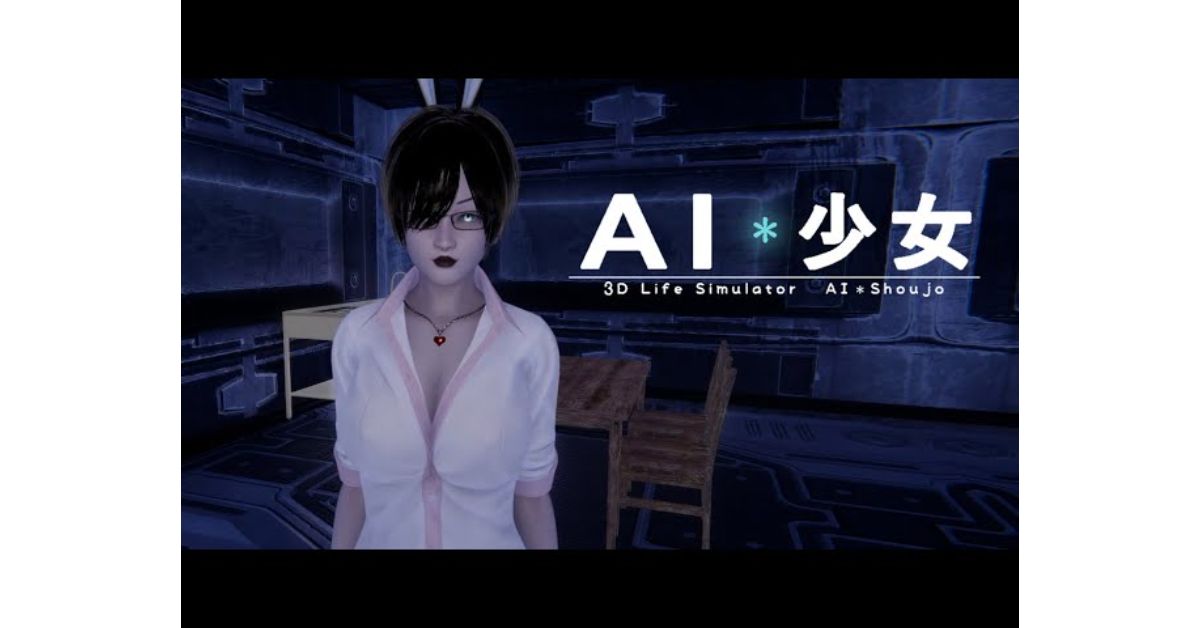
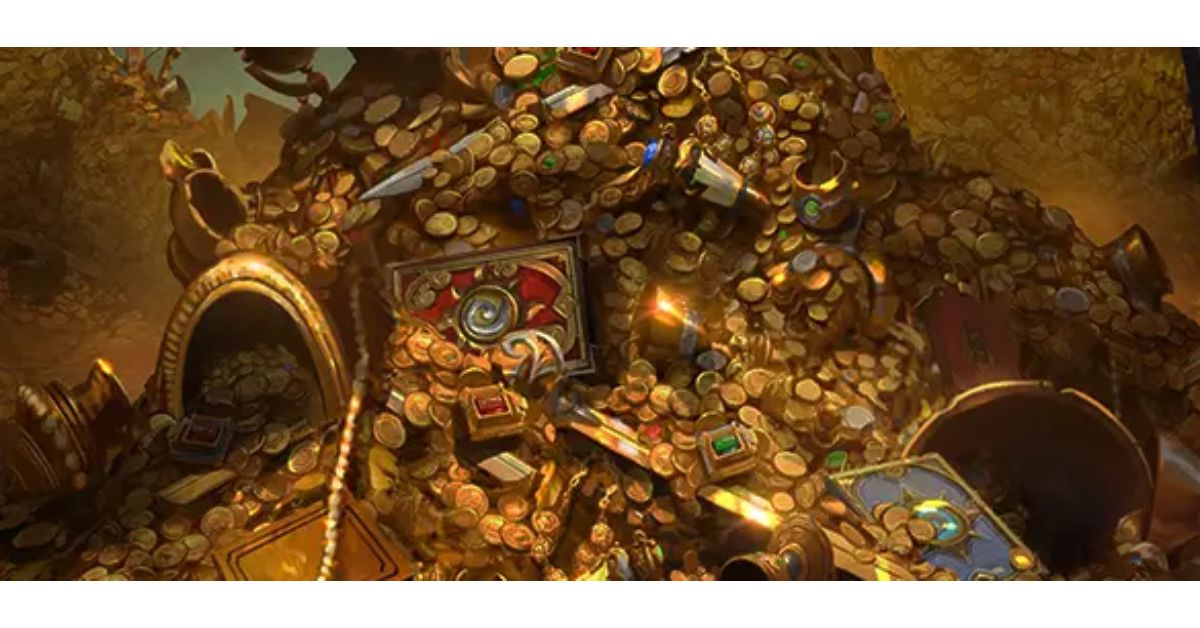
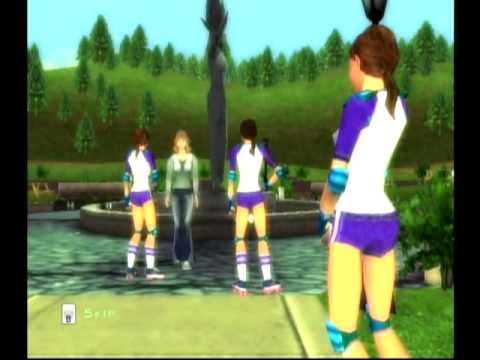

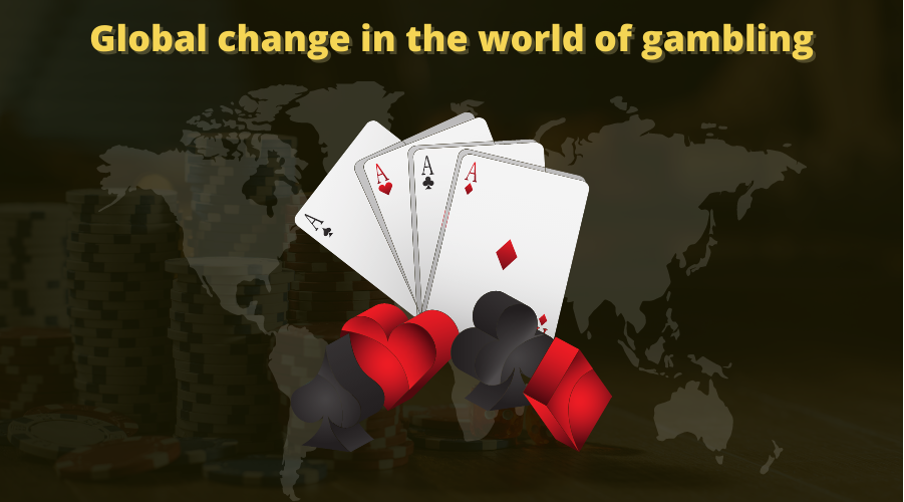



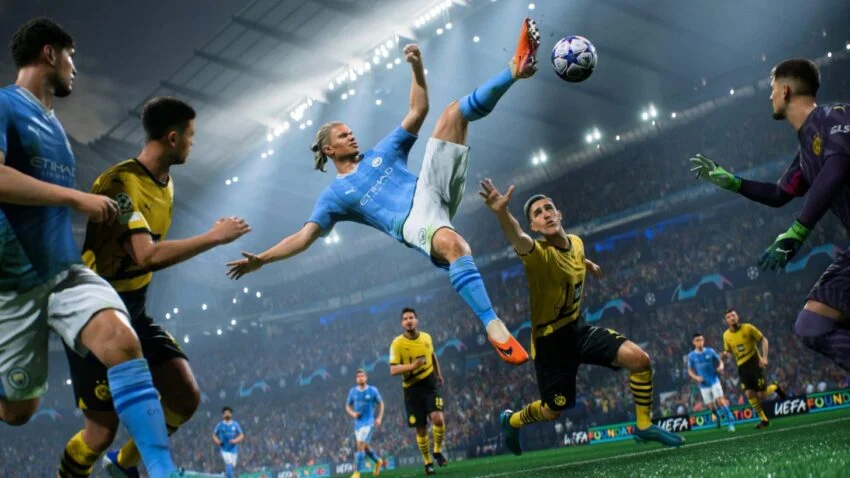

Leave a Reply